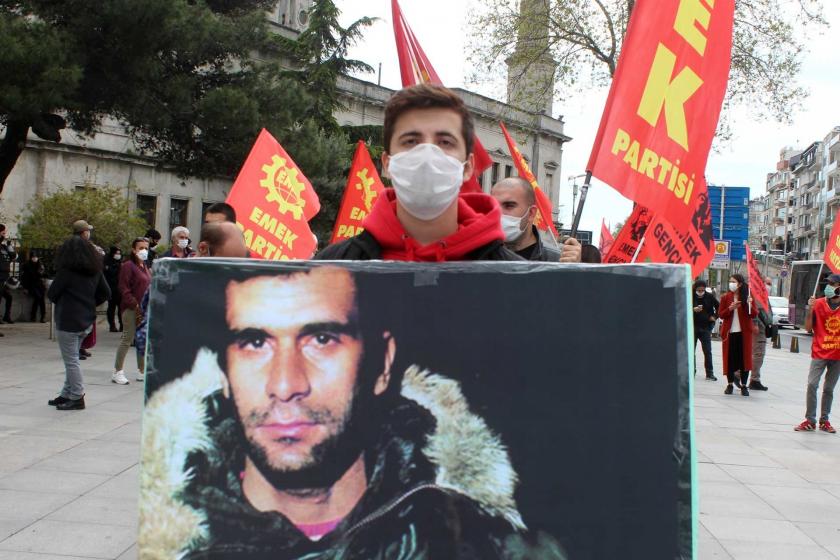“On the day they were going to kill him, Santiago Nasar got up at five-thirty in the morning to wait for the boat the bishop was coming on. He'd dreamed he was going through a grove of timber trees where a gentle drizzle was falling, and for an instant he was happy in his dream, but when he awoke he felt completely spattered with bird shit.”
Thus begins the great Colombian writer Gabriel García Márquez’s novel published in 1981 which won him the 1982 Nobel Prize in Literature. The novel describes a murder that everyone knows will be committed and is powerless to stop. After the murder has been committed, Santiago Nasar, starting to walk dreamlike and gripping his extruding internal organs with his hands, says to his aunt he sees in front of his house to which he has stridden: “They’ve killed me, Aunt Wene.” He stumbles on the last step but immediately pulls himself together and even takes care to wipe with his hand the soil that has been sullied with his intestines.
In terms of its treatment of social relations and psychological analyses, Chronicle of a Death Foretold is a flawless novel about an obviously imminent murder.
This is just how it was with that political murder of our recent history, the shooting dead of Hrant Dink. For sure, actual perpetration matters in the business of prosecuting such a murder, from the puller of the trigger to the organized relations behind him. Focusing on the legal analysis of a murder and dealing with it from a novelistic criticism viewpoint with all its social nexuses are different matters. In fact, in a trial where a cover up is wished for, trumping the first with the second may not be a meaningful tactic as trial strategy goes.
However, those who, while not perpetrators or having direct involvement in those perpetrators’ deeds, did nothing to call a halt despite being instrumental in their occurrence or seeing or sensing them are actually engulfed in a degree of responsibility that implicates them in that perpetration.
We have for some time been undergoing and talking about a period in which the right to vote and stand for election is being gradually abolished. Following the affair of rerunning the Istanbul elections implemented by the Supreme Electoral Council (SEC) under ruling party pressure, with it said, “Even if there’s nothing, something for sure happened,” and with that also coming to naught, we are in a process of adjustment through non-electoral methods to the balance weighing against the ruling party the most recent elections have produced.
If the ousting one by one of HDP mayors whose candidacy had been approved by the SEC and the appointing of trustees in their place comes across as being a “flawless” political murder that proceeds sequentially without encountering obstacles, how are we to discuss perpetration here?
The signals given in this regard even prior to the elections by President Erdoğan and Interior Minister Soylu and the documentation attesting to the action taken immediately on the day after the election with a view to the HDP co-mayors being ousted undoubtedly bear testament to organized activity on the part of the ruling party and civil service in this regard. However, if what we are discussing is not a judicial matter but a chain of actions directly furthering the abolition of the right to vote and stand for election that do not have to do solely with the HDP, we must in that case also examine the setting which is so conducive to the social and political relations within which these actions operate.
A siege, one prong of which extends to the CHP and having the HDP as its main target, increases its hold a little more day by day. It is useful in discussing this process that is forcing the HDP to talk about rebasing itself among the populace to extend our glance to our recent history if nothing else. With the 27 March 1994 local elections looming, the DEP’s party buildings were bombed one by one ending with its headquarters and, with the DEP’s withdrawal from those elections having been orchestrated by the deep state, the Welfare Party emerged victorious from the elections in 28 provinces including Diyarbakır Metropolitan Municipality.
Today, if there is neither participation by the CHP nor a road map that will change the political landscape, how much will the HDP alone rebasing itself among the populace alter the political mathematics apart from constituting an objective revelatory force? If what is at issue in debate about political ethics is the votes of millions and an overall political landscape, there must be debate with the seriousness this merits. And there is also a difference in the way the merits stack up between personal deeds at an instant in history and action based on social responsibility.
For just this reason, the siege in the political arena imposes a responsibility on each person, institution and party in terms of the opportunities afforded by their particular locus. Nobody can atone for their sins in the face of this landscape that insists on the suspension of our democratic reflexes and draws strength from this by giving advice to others.
Especially after the test in atonement Márquez sets before us in Chronicle of a Death Foretold.
(Translated by Tim DRAYTON)
 Fatih Polat
Fatih Polat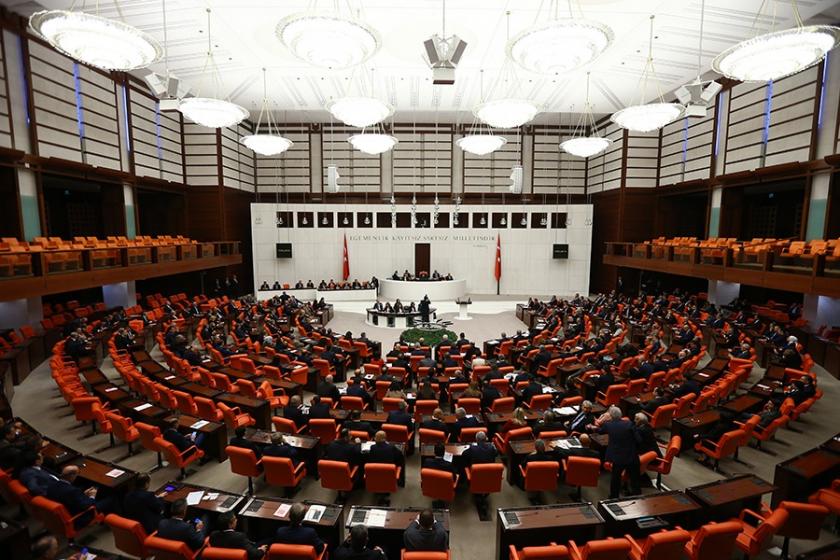
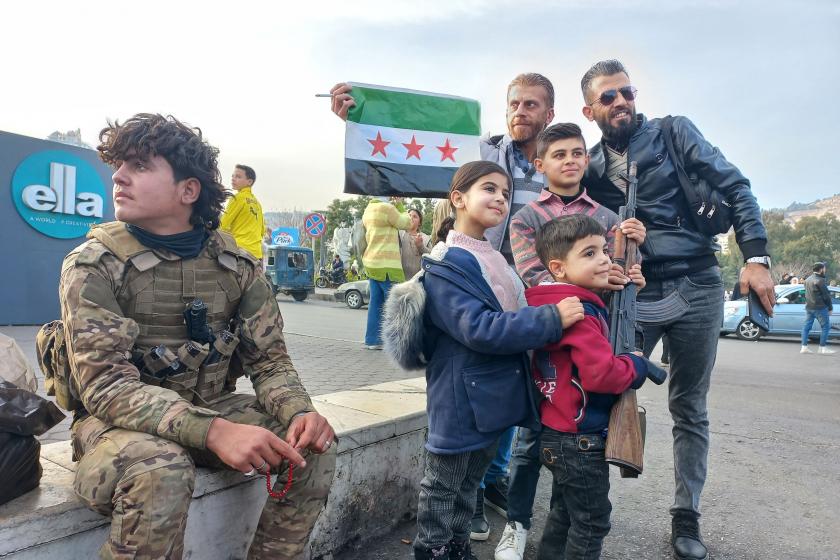
 Hediye Levent
Hediye Levent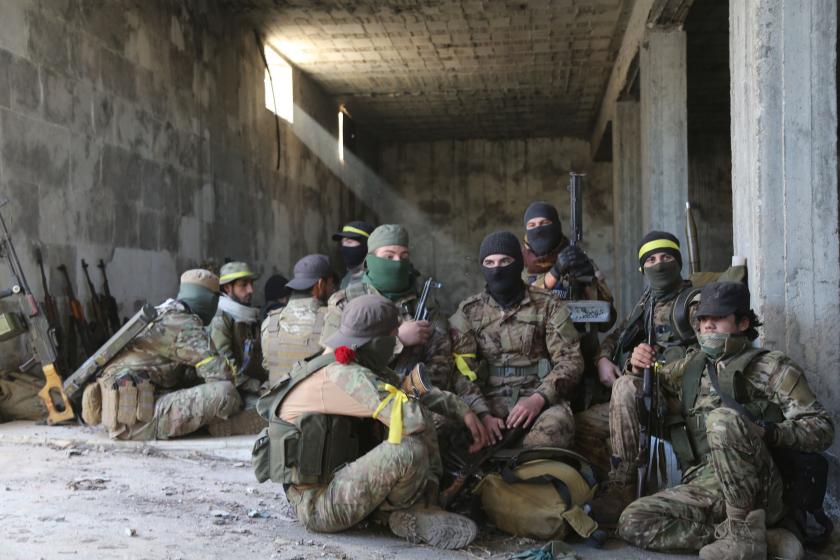
 Yusuf Karadaş
Yusuf Karadaş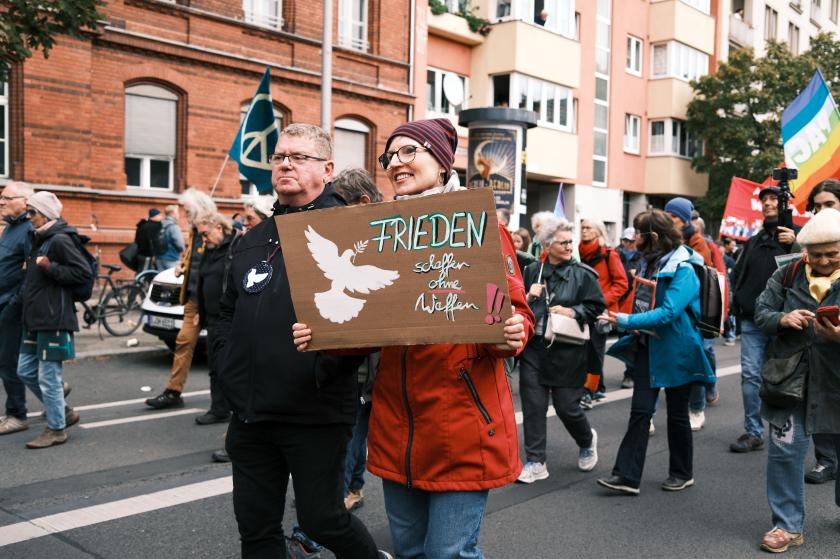
 Yücel Özdemir
Yücel Özdemir